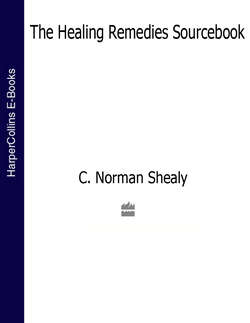Читать книгу The Healing Remedies Sourcebook: Over 1,000 Natural Remedies to Prevent and Cure Common Ailments - C. Shealy Norman - Страница 35
ОглавлениеGLYCYRRHIZA GLABRA
LICORICE Mulathi
Licorice is one of the most popular healing herbs in Ayurvedic medicine. It has been used for ulcers and malaria, to treat throat and respiratory problems, and to soothe rashes and infections. Due to its strong, sweet taste, the herb is sometimes used in recipes to mask the unpleasant taste of another herb.
PROPERTIES
Licorice is sweet and astringent. It is a demulcent, expectorant, and germicide, with laxative and alterative properties. It has been used with muscle problems because of its anti-inflammatory, antiarthritic properties. Licorice is antibacterial and antiviral.
Part of Plant Used The root and bark.
Conditions Treated Strengthens the nerves, promotes the memory, treats asthma, bronchitis, throat problems, digestive disorders, disorders of the spleen, liver disease, Addison’s disease, inflamed gall bladder, colds, coughs, constipation, ulcers, and gastritis. Licorice powder has also been used externally to treat genital herpes and cold sores.
Form Taken As a powder, tea or infusion, food, or oil.
Used with Other Herbs? Black pepper, clove, fenugreek, ginger, long pepper, sage, turmeric.
HOW TO USE
Licorice reduces both vátha and pitta.
The herb, a common treatment for bronchitis and colds, may be chewed directly, taken as a tea, or made into a medicated ghee, or clarified butter, preparation.
CAUTION
Licorice may increase blood pressure slightly and can cause mild adrenal stimulation. In pregnant and nursing women, or cases of high blood pressure or high adrenal function, it should be used only on the advice of a physician.
